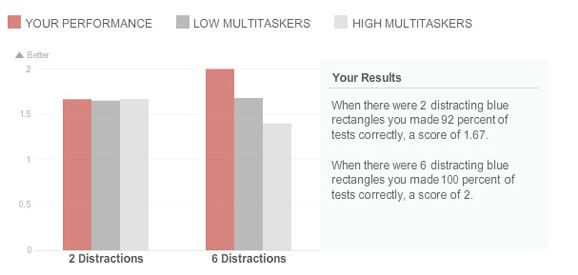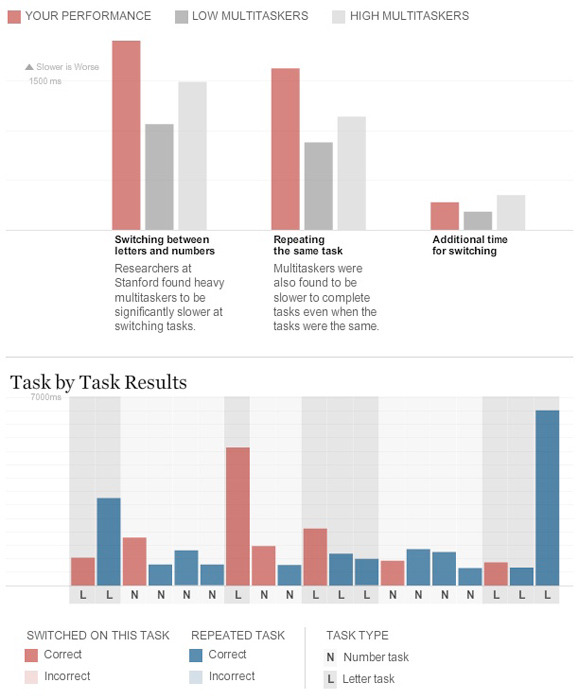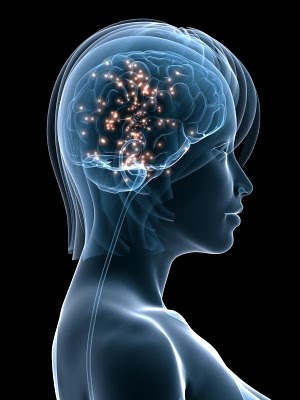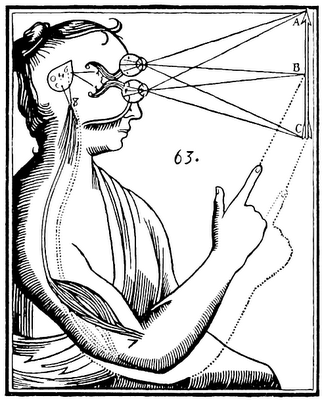Note: ... and of course, this could help HER too, to take better care of him/her.... Or maybe to start develop a Softlove?
Via MIT Technology Review
-----
Motion, audio, and location data harvested from a smartphone can be analyzed to accurately predict stress or depression.
By Tom Simonite
Many smartphone apps use a device’s sensors to try to measure people’s physical well-being, for example by counting every step they take. A new app developed by researchers at Dartmouth College suggests that a phone’s sensors can also be used to peek inside a person’s mind and gauge mental health.
When 48 students let the app collect information from their phones for an entire 10-week term, patterns in the data matched up with changes in stress, depression, and loneliness that showed up when they took the kind of surveys doctors use to assess their patients’ mood and mental health. Trends in the phone data also correlated with students’ grades.
The results suggest that smartphone apps could offer people and doctors new ways to manage mental well-being, says Andrew Campbell, the Dartmouth professor who led the research.
Previous studies have shown that custom-built mobile gadgets could indirectly gauge mental states. The Dartmouth study, however, used Android smartphones like those owned by millions of people, says Campbell. “We’re the first to use standard phones and sensors that are just carried without any user interaction,” he says. A paper on the research was presented last week at the ACM International Joint Conference on Pervasive and Ubiquitous Computing in Seattle.
Campbell’s app, called StudentLife, collects data including a phone’s motion and location and the timing of calls and texts, and occasionally activates the microphone on a device to run software that can tell if a conversation is taking place nearby. Algorithms process that information into logs of a person’s physical activity, communication patterns, sleeping patterns, visits to different places, and an estimate of how often they were involved in face-to-face conversation. Many changes in those patterns were found to correlate significantly with changes in measures of depression, loneliness, and stress. For example, decline in exposure to face-to-face conversations was indicative of depression.
The surveys used as a benchmark for mental health in the study are more normally used by doctors to assess patients who seek help for mental health conditions. In the future, data from a person’s phone could provide a richer picture to augment a one-off survey when a person seeks help, says Campbell. He is also planning further research into how data from his app might be used to tip off individuals or their caregivers when behavioral patterns indicate that their mental health could be changing. In the case of students, that approach could provide a way to reduce dropout rates or help people improve their academic performance, says Campbell.
“Intervention is the next step,” he says. “It could be something simple like telling a person they should go and engage in conversations to improve their mood, or that, statistically, if you party only three nights a week you will get more decent grades.” Campbell is also working on a study testing whether a similar app could help predict relapses in people with schizophrenia.
A startup called Ginger.io with an app similar to Campbell’s is already testing similar ideas with some health-care providers. In one trial with diabetics, changes in a person’s behavior triggered an alert to nurses, who reach out to make sure that the patient was adhering to his medication (see “Smartphone Tracker Gives Doctors Remote Viewing Powers”).
Anmol Madan, CEO and cofounder of Ginger.io, says the Dartmouth study adds to the evidence that those ideas are valuable. However, he notes, much larger studies are needed to really convince doctors and health-care providers to adopt a new approach. Ginger.io has found similar associations between its own data and clinical scales for depression, says Madan, although results have not been published.
Both Ginger.io and the Dartmouth work were inspired by research at the MIT Media Lab that established the idea that data from personal devices offers a new way to study human behavior (see “TR10: Social Physics”). Yaniv Altshuler, a researcher who helped pioneer that approach, says the Dartmouth study is an interesting addition to that body of work, but it’s also a reminder that there will be downsides to the mobile data trove. Being able to use mobile devices to learn very sensitive information about people could raise new privacy risks.
Campbell—who got clearance for his study from an ethical review board—notes that his results show how existing privacy rules can be left behind by data mining. A health-care provider collecting data using standard mental health surveys would be bound by HIPAA data privacy regulations in the United States. It’s less clear what rules apply when that same data is derived from a phone app. “If you have signals you can use to work out, say, that I am a manic depressive, what governs use of that data is not well accepted,” he says.
Whatever the answer, apps that log the kind of rich data Campbell collected are likely to become more common. Smartphone sensors have become much more energy-efficient, so detailed, round-the-clock data logging is now feasible without wiping out battery life. “As of six months ago phones got to the point where we could do 24/7 sensing,” says Campbell. “All the technology has now arrived that you can do these things.”




